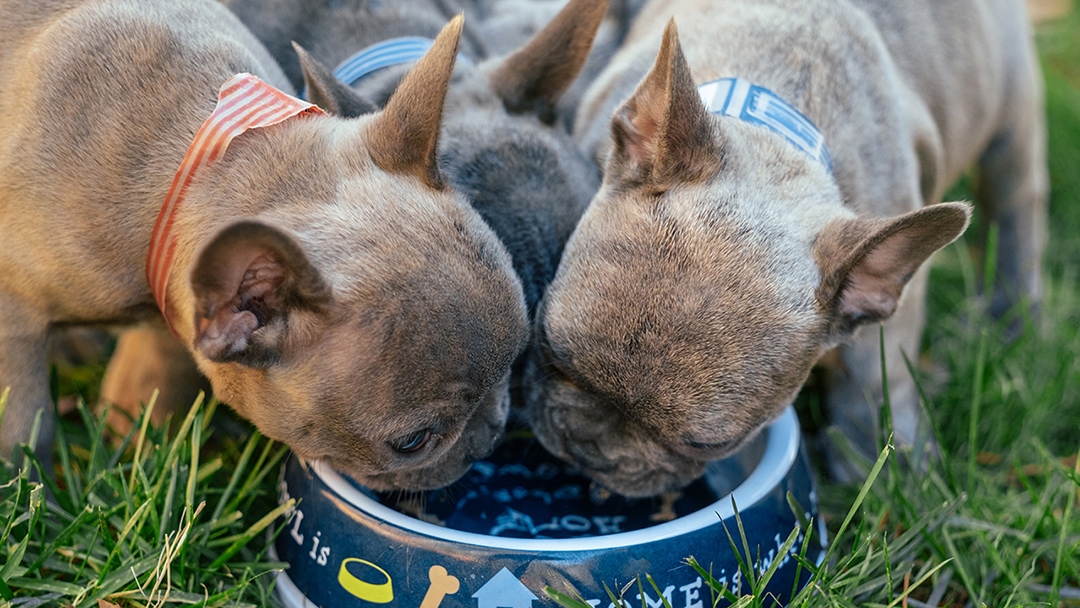
Training Your Frenchton: Tips for a Well-Behaved Companion
Introduction
Frenchtons, are well known for their intelligence, eagerness to please, and playful nature. Training your Frenchton not only promotes good behavior but also strengthens your bond and provides mental stimulation. This article offers practical tips for effectively training your Frenchton.
Understanding Frenchton Temperament in Training
Frenchtons are generally easy to train, thanks to their intelligent and eager-to-please nature. They respond well to positive reinforcement and consistent training methods.
The Power of Positive Reinforcement
- Use treats, praise, and play as rewards for good behavior. Frenchtons are food-motivated, making treats a powerful training tool.
- Avoid harsh methods or punishment, as they can lead to fear and mistrust.
Consistency is Key
- Be consistent with commands and routines. Consistency helps your Frenchton understand what is expected of them.
- Ensure all family members use the same commands and rules to avoid confusion.
Basic Training for Your Frenchton
House Training
- Establish a regular bathroom schedule. Take your Frenchton out first thing in the morning, after meals, and before bedtime.
- Praise and reward them immediately after they do their business outside (read more about Frenchton potty training)
Crate Training
- Introduce the crate gradually and make it a positive space with treats and toys.
- Crate training aids in house training and provides a safe space for your Frenchton.
Basic Commands
- Start with basic commands like ‘sit’, ‘stay’, ‘come’, and ‘down’. These are foundational for good behavior.
- Keep training sessions short and fun. Frenchtons have short attention spans, so 5-10 minute sessions are ideal.
Socialization
- Early socialization is crucial for a well-rounded Frenchton. Expose them to different people, animals, and environments.
- Positive experiences during this early stage can prevent fear and aggression later in life.
Advanced Training and Activities
- Once your Frenchton masters basic commands, you can move on to more advanced training or dog sports like agility or obedience trials.
- These activities provide mental and physical stimulation and deepen your bond.
Dealing with Common Behavioral Issues
- Address issues like chewing, barking, or jumping early on. Redirect undesirable behaviors to appropriate actions.
- Consistency and patience are key in correcting behavioral issues.
Training Challenges and How to Overcome Them
- If you encounter training challenges, consider seeking help from a professional dog trainer.
- Remember, every dog is different. What works for one Frenchton may not work for another.
Conclusion
Training your Frenchton is a rewarding journey that enhances your relationship and ensures a well-behaved companion. With patience, consistency, and positive reinforcement, you can effectively train your Frenchton to be a well-mannered member of your family.




